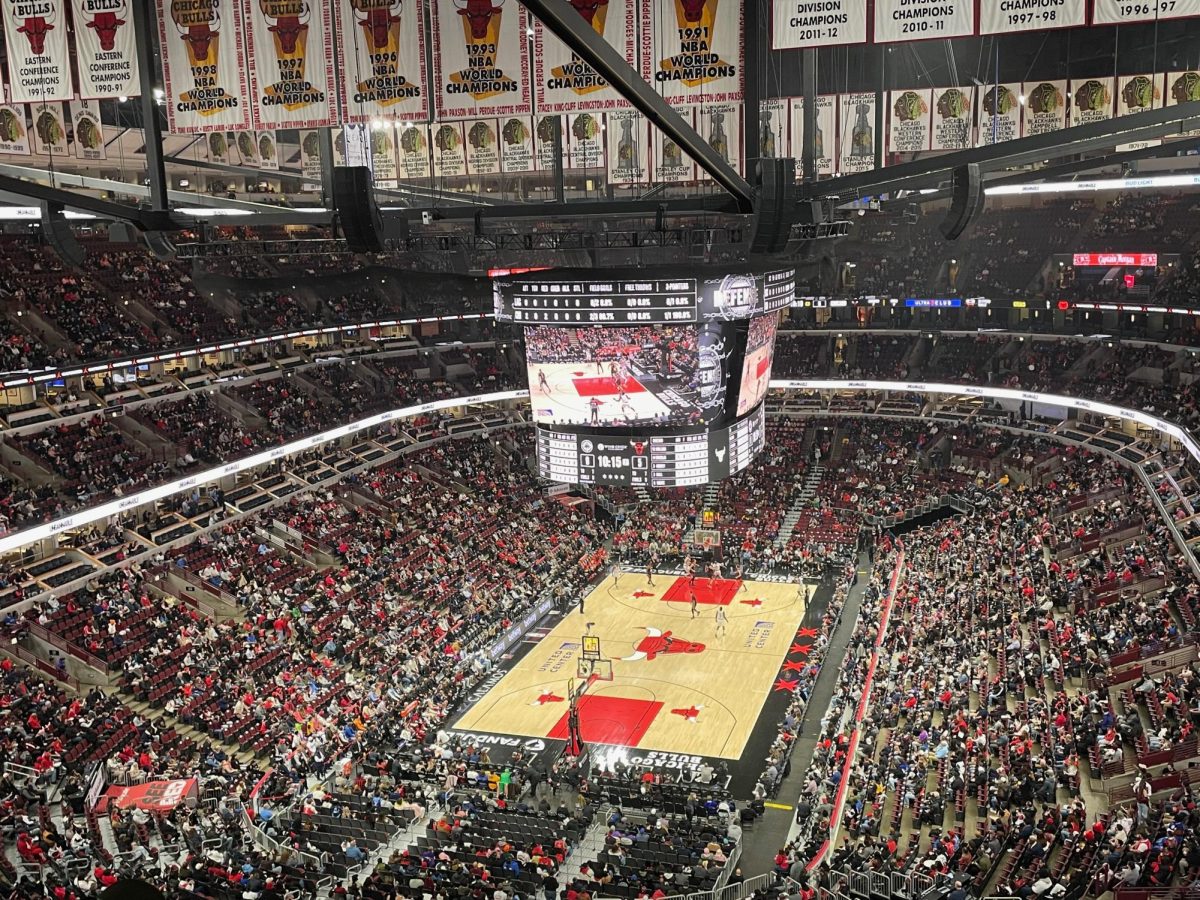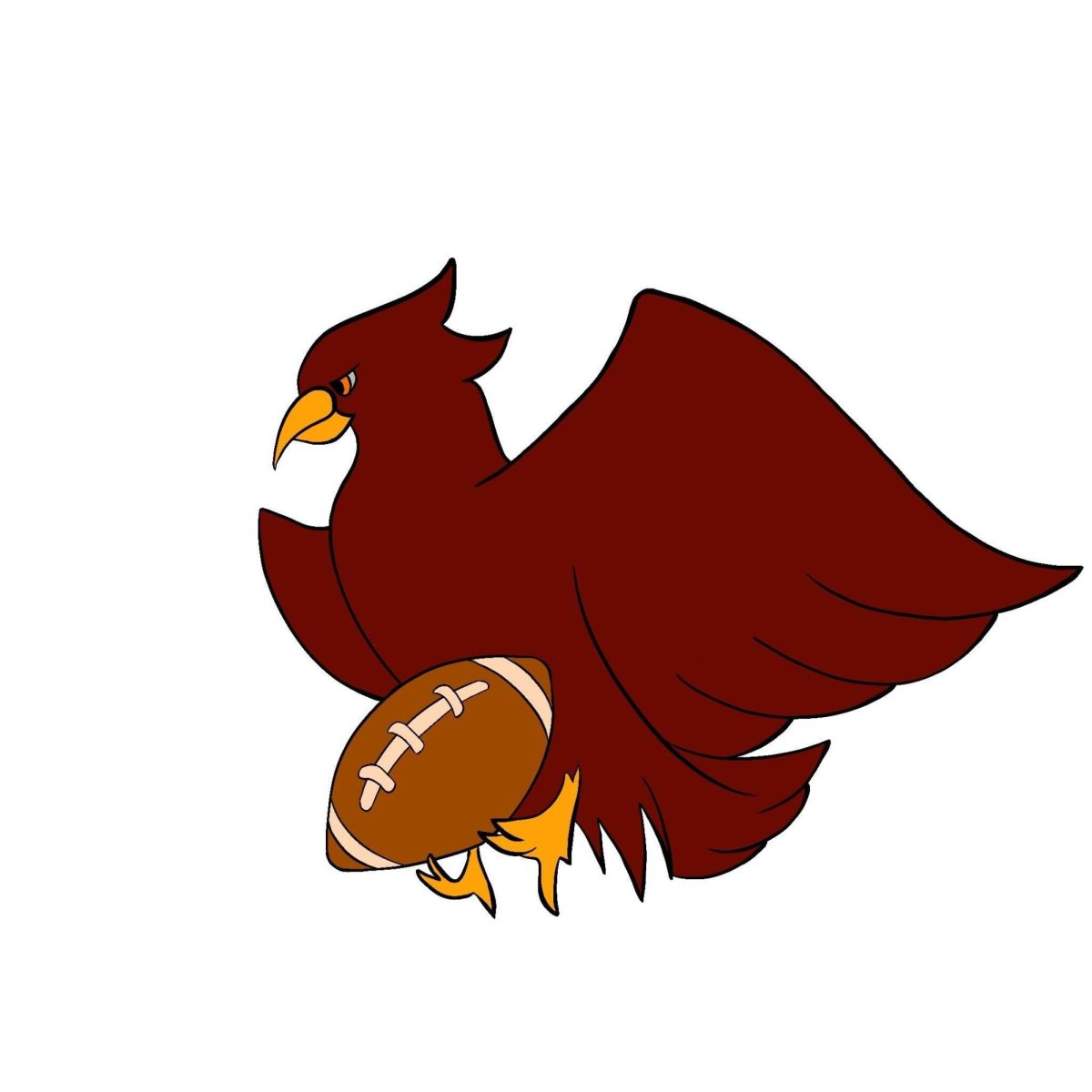Two weeks ago it was suggested to the Maroon sports staff that someone should write an obituary to the A’s season. The team had just grabbed the Western Division title, and people expected it to continue to crumble early in the postseason and fall to the Twins in the first round. After the Tigers completed an ALCS sweep that ended the year on a rather low note once more, I feel it is my duty as an Oakland fan to write the final chapter of my team’s 2006 run.
Many have pointed to Moneyball as the cause of the A’s death once again. Michael Lewis’s study of how Oakland reaches the playoffs each year by taking a statistical approach to the game has led to criticism of the club’s failure to plan and adapt to the postseason. The green and gold inevitably shot itself in the foot with its unflinching loyalty to general manager Billy Beane’s fascination with on base percentage and his refusal to allow managers to play small ball and manufacture runs.
Sure, that method works all right during the long regular season they say, but the approach just doesn’t hold up going against the superior ball clubs playing in October with ace pitchers dealing from the mound.
While there’s no hiding from the meager offensive statistics the A’s posted this season, both regular and post, I feel there’s still a case to be made for the adherence to Moneyball tactics. Even if the strategy can’t produce a World Series ring, Beane and his crew of Bill James disciples have found a way to make baseball in Oakland last just a little bit longer, making that excruciating winter wait for spring training just a little bit shorter. An extended stretch of baseball is ultimately what comes out of the many equations the A’s front office uses to assemble a team each year on a tightly budgeted payroll.
So that brings us to the economics of the sport. The penny-pinching payroll that inspired a book opens a whole different can of worms: Would the A’s reach the Fall Classic with a deeper wallet? And how would Oakland approach signing players on a bigger bankroll? Would Beane buy bats like the Rangers or spend it on pitching to keep arms like 2002 Cy Young–winner and fresh market meat Barry Zito at McAfee Coliseum? Or would he pursue a couple of All-Star free agents à la George Steinbrenner?
These are interesting musings and certainly raise the personal dilemma of what price I attach to hoisting up a World Series trophy some day soon. Here I must keep in mind that I’m still pretty young and idealistic about my baseball beliefs. But the bottom line is I like the A’s just the way they are.
They have an underdog quality to them as they bring up the latest farm talent like Nick Swishe and 2005’s Rookie of the Year Huston Street, while occasionally rescuing overlooked veterans like Scott Hatteberg and Frank Thomas.
Sure, sometimes it’s hard to let go, but I still wouldn’t switch shortstops with the Orioles, giving up Marco Scutaro to bring back 2002 MVP Miguel Tejada. Players become too glamorous for Oakland, and then it’s time to bring in the next generation. Keeping some of the recent greats in an A’s uniform would inevitably change the dynamic and the scrappiness of the club that makes it fun to watch for 162 games each summer.
Which takes us back to the question of Moneyball further acting as the plague upon the A’s as they lose their free agents. The beauty of baseball—and, indeed, all sports—is the knowledge that there’s always another game and another season; there’s a place to hang the hope that the impossible can happen. The next game, or even as soon as the next inning, a squad could find that magic when everything just starts falling together, and miraculously come up with that big, dramatic win. It’s those unbelievable moments in sports that instantly rewards fans for all the hours spent watching with eyes glued to the TV set.
In the end, Moneyball pays off because it focuses on this aspect of the game. It gives fans one more seventh inning stretch to sing “Take Me Out to the Ballgame” before winter hibernation while the squad gets another day to try and bring it all together. I’ll take anything that gives me one more excuse to dine on another ballpark hot dog, and would rather root for my team of unlikely winners to beat the odds than kick back all season and watch guaranteed World Champions.








